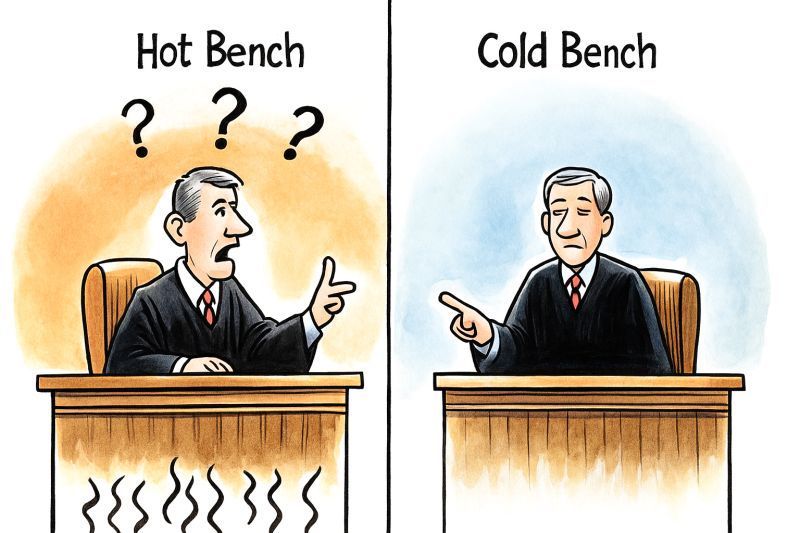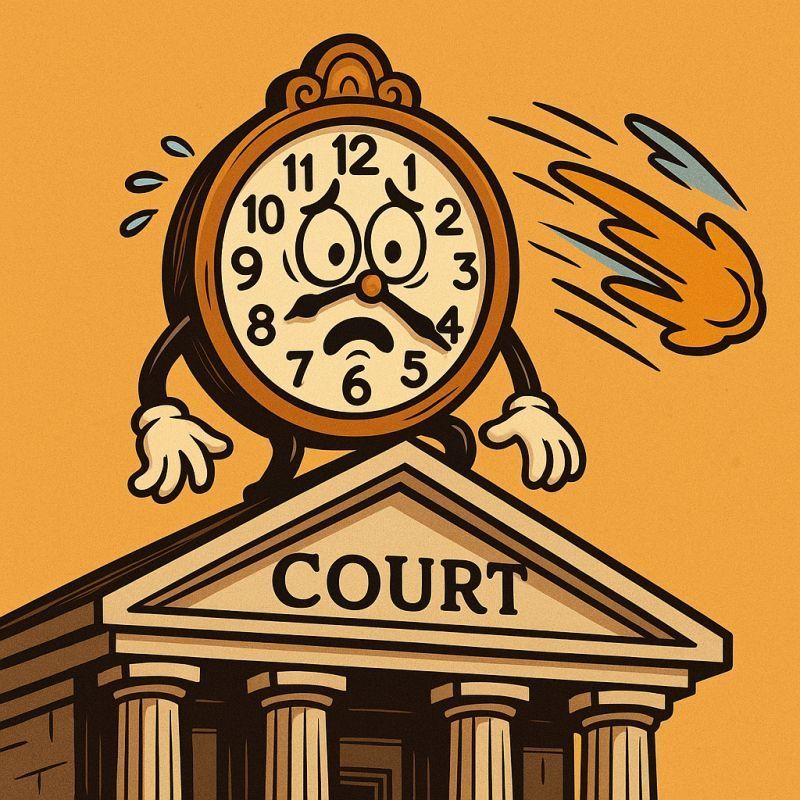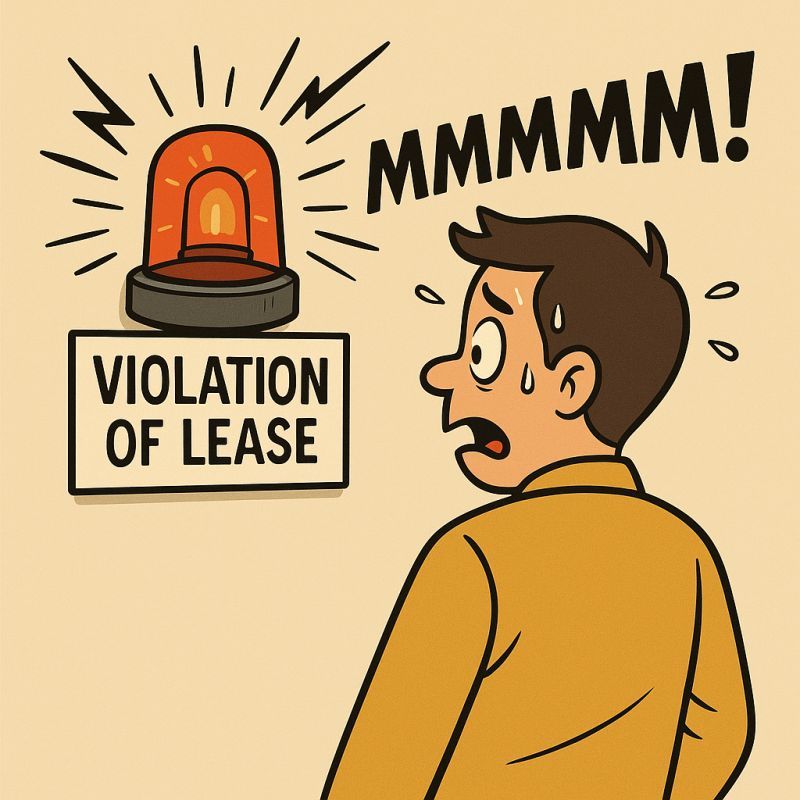When individuals establish an LLC, the primary goal is often clear: to protect personal assets from the liabilities of the business
By design, an LLC creates a legal separation between the company and its owners, ensuring that personal finances remain shielded. However, this protection is not guaranteed—it requires the LLC to be properly structured and operated with adherence to corporate formalities.
This is where the doctrine of piercing the corporate veil comes into play. If a party can demonstrate that the LLC was misused—whether as a vehicle for personal dealings or fraudulent activity—they may persuade a court to hold the individual owners personally liable. Importantly, meeting this standard is no simple task; it requires concrete evidence, not speculation or conjecture.
I recently defended a client whose LLC was accused of being a mere shell company. The other side claimed that the LLC was undercapitalized and lacked proper insurance and management, which they argued justified holding the individual owner personally responsible. We showed that nothing was backed by actual evidence. After reviewing the facts and arguments, the court ruled in our favor, protecting my client’s personal assets.
It is important here to recognize the strength of LLC protections when entities are properly maintained. For business owners, it underscores the importance of diligent corporate governance to preserve this shield.


Show me a lawyer who isn’t at least a little anxious, and I’ll show you a bad lawyer. A lawyer’s main job is responsibility; to the client, to the facts, and to the law. If you truly carry that weight, you’ll feel it. That edge of nervous energy means you care enough to be careful, to prepare, and to get it right. Confidence is good. Responsibility is better.

Some judges ask tons of questions during a hearing, lawyers call that a “hot bench.” It can feel intense, but it usually means the judge is engaged and wants to really understand the case. Other times, a judge barely says a word, that’s a “cold bench.” It doesn’t mean they’re uninterested; it just means they prefer to listen quietly before deciding. Good lawyers have to adapt to both: answering rapid-fire questions with composure on a hot bench, and keeping things interesting and clear on a cold one. Either way, the goal is the same, help the court see why your client should win.

We’ve recently observed that landlord-tenant trial dates are being scheduled quicker than before — often within 5 to 6 weeks of filing. We believe this is connected to the New Jersey Supreme Court’s amendment to Rule 6:2-1, which now requires trial dates to be noticed 21 days after service of the summons (rather than five weeks). The updated summons (Appendix XI-B) must also list the trial date, time, and location. It looks like the courts are already beginning to implement this change in practice.

While I used to think Whereas was just some archaic legal filler, I’ve come to appreciate it deeply. It frames the story. It gives the backstory. It sets the scene before the real terms begin. It’s the contract’s way of saying, “Here’s what led us here.” Do you like using recitals in your legal documents?

Before terminating a residential tenancy for a substantial violation or breach of the lease, NJ law requires landlords to serve a Notice to Cease. It’s not a suggestion—it’s a procedural requirement. The notice must: • Explicitly advise the tenant that the activity is offensive; and • Give the tenant a reasonable opportunity to cure the offending behavior. Miss this step—or get it wrong—and the eviction case may be thrown out, no matter how strong the underlying violation is. Make sure your notices are clear, specific, and legally sufficient—it’s the foundation for any successful action to recover possession.

Bridge loans are short-term loans—typically ranging from six months to three years—designed to provide temporary capital until longer-term financing is in place. They are commonly used to pay off construction loans when a project isn’t yet ready for permanent financing. But their flexibility makes them valuable in several scenarios, including: - Funding renovations or improvements to existing properties - Serving as an interim refinancing option - Navigating market fluctuations that delay or complicate access to long-term financing Another key advantage: Bridge loans are typically much faster to obtain than traditional institutional financing, making them ideal for time-sensitive opportunities. Bridge loans help investors and developers stay agile—even when timing or market conditions aren’t ideal.

In New Jersey, a landlord can’t just file for eviction—except in cases of nonpayment of rent. For most residential evictions, the landlord must first serve a written notice to quit and a demand for possession (and in some cases, a prior notice to cease is also required). Courts have long distinguished between the two. As the Appellate Division explained in Kroll Realty, Inc. v. Fuentes, 163 N.J. Super. 23, 26 (App. Div. 1978), the notice to quit terminates the tenancy, while the demand for possession is a jurisdictional requirement. In practice, these two requirements are usually combined in one written notice. Courts recognize this combined notice as satisfying the jurisdictional requirement. See Hous. Auth. of City of Newark v. Caldwell, 247 N.J. Super. 595, 599 (Law Div. 1991), which states that in practice, the notice to quit and demand for possession are combined and considered jurisdictional. If these steps are skipped or done improperly, the case may be dismissed.

Under New Jersey law, a landlord may evict a tenant for violating rules and regulations, but only if: (1) The rules and regulations are reasonable, and (2) The tenant agreed to them in writing, or they were included in the lease from the start. (N.J.S.A. 2A:18-61.1(d)) If a tenant violates these rules: (1) The landlord must first serve a Notice to Cease, giving the tenant a clear opportunity to correct the violation. (2) If the violation continues, the landlord may serve a Notice to Quit and Demand for Possession, but cannot file for eviction until at least one month later. (N.J.S.A. 2A:18-61.1(d)) Even after an eviction judgment is entered, the tenant has the legal right to cure the violation. (Jersey City Mgmt. v. Garcia, 321 N.J. Super. 543 (App. Div. 1999)). Proper notices and timing are mandatory to avoid dismissal of the case.

Sounds like a buddy cop movie… but it's really about liability. Good Guy Guaranty (in a lease): You’re personally liable until you vacate and return the keys like a mensch. Bad Boy Provisions (in a loan): You’re not personally liable — unless you do something shady, like fraud or unauthorized transfers. The other punishes bad behavior. Both can cost you. Know what you’re signing.


